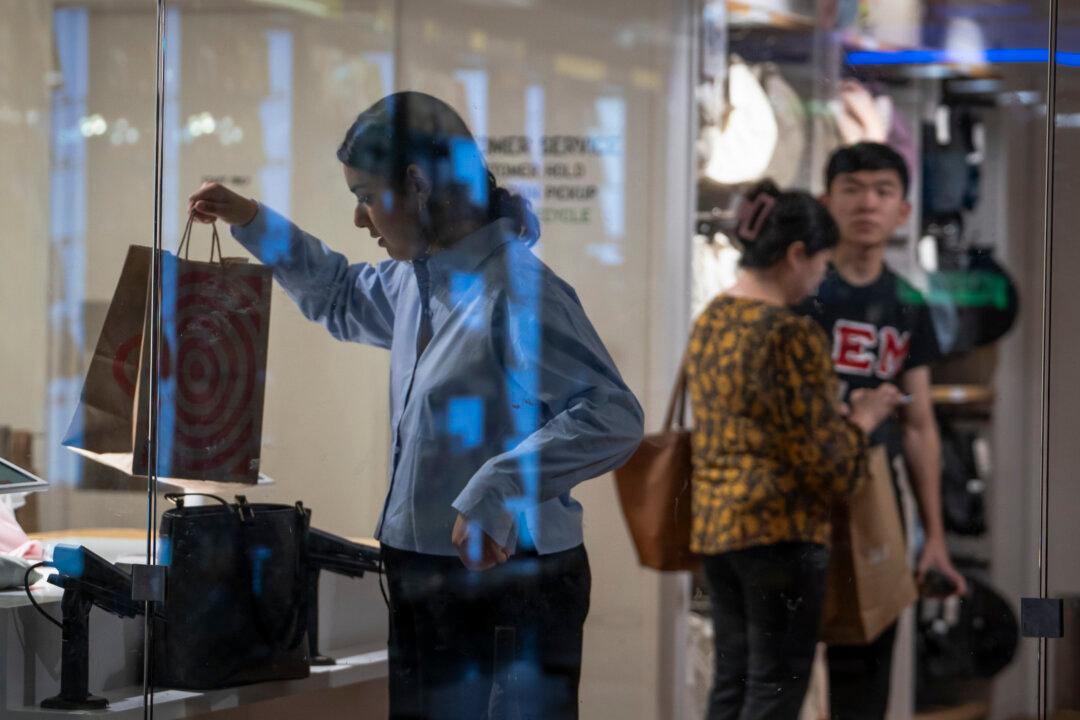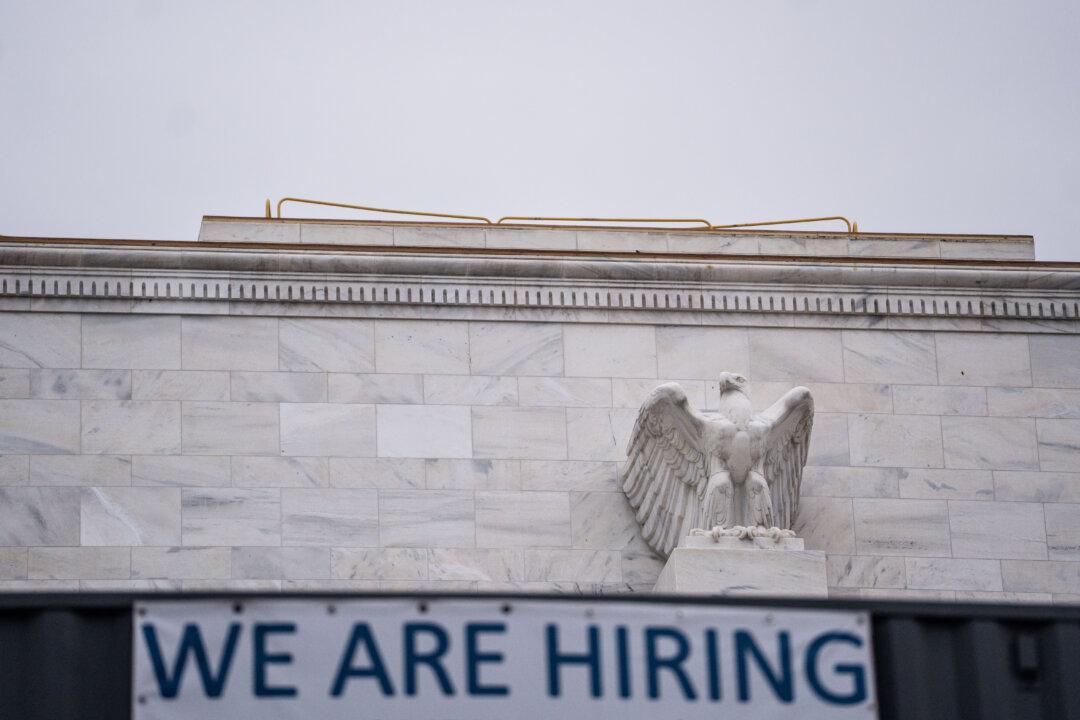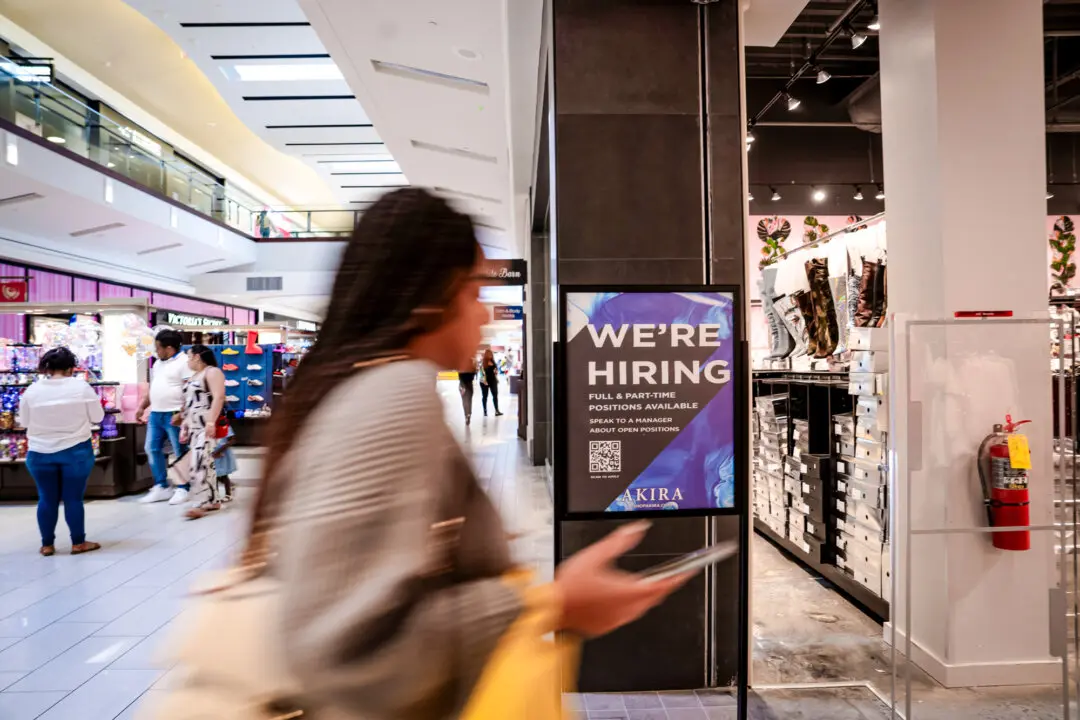Overall confidence among U.S. consumers ticked up in August, although it remained within a narrow range that has persisted for the past two years, according to The Conference Board.
The Consumer Confidence Index advanced to 103.3 this month, up from an upwardly adjusted 101.9 in July. The market consensus penciled in a reading of 100.7.





